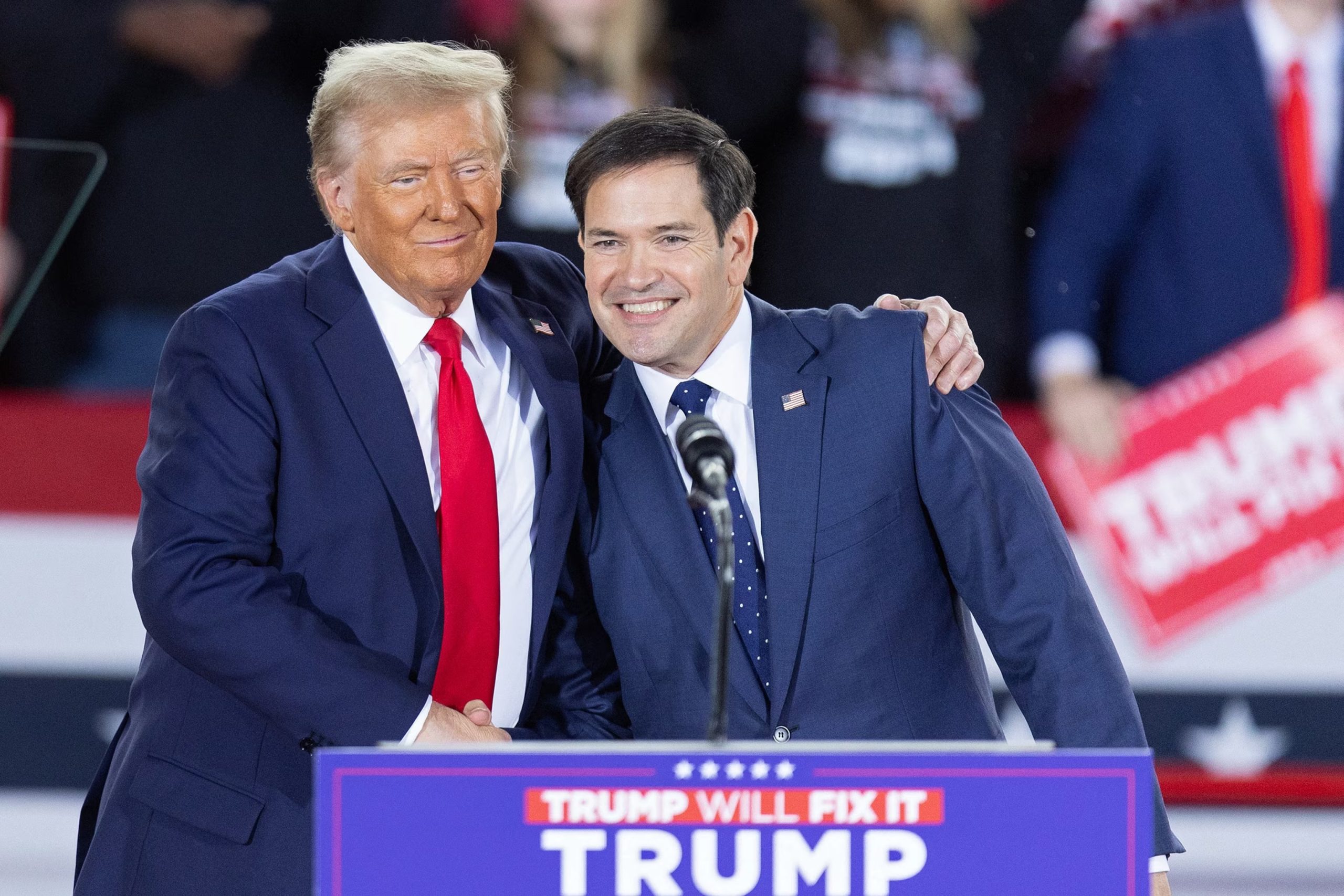President-elect Donald Trump’s cabinet nominations have elicited mixed reactions, with some Democrats expressing cautious approval for specific picks while others voice skepticism or outright opposition. Democratic Senator-elect Adam Schiff acknowledged Florida Senator Marco Rubio as a qualified choice for Secretary of State but emphasized the need for thorough vetting.
Rubio, seen as more moderate compared to other Trump allies, has garnered bipartisan support, with Democratic Pennsylvania Senator John Fetterman openly backing his confirmation and Illinois Senator Tammy Duckworth noting her friendship with Rubio and interest in discussing his policies.
Rubio’s strong stances on China, including advocating a TikTok ban and supporting tariffs, align with Trump’s trade policies. Meanwhile, Democrats have also expressed willingness to consider other nominees, such as Elise Stefanik for U.N. Ambassador and Lori Chavez-DeRemer for Labor Secretary.
Fetterman remains open-minded about various nominees, including Mehmet Oz for a Medicare and Medicaid role, signaling a pragmatic approach to confirmation hearings. However, the contentious nature of some appointments, particularly concerning qualifications and affiliations, highlights potential flashpoints in Senate deliberations.
The proposed Defense and Veterans Affairs appointments have drawn sharp criticism, with Duckworth opposing Fox News host Pete Hegseth for Defense Secretary due to his lack of high-level command experience.

In contrast, Duckworth cautiously supports Doug Collins for Veterans Affairs, emphasizing the need for a capable leader to address systemic issues like electronic medical records. Other nominees, like former Democratic Representative Tulsi Gabbard for Director of National Intelligence, face scrutiny over allegations of inadequate experience and alleged ties to Russia, leading to significant pushback from lawmakers like Schiff and Duckworth.
Trump’s previous national security adviser, H.R. McMaster, has raised concerns over Sebastian Gorka’s potential return to a security advisory role, criticizing Gorka’s alignment with Trump’s controversial foreign policy stances.
McMaster also lamented certain Republicans’ inclination to echo Russian President Vladimir Putin’s rhetoric, underscoring broader worries about partisan dynamics influencing foreign policy. This adds another layer of complexity to the debate surrounding Trump’s appointments and their potential impact on national security.
As Democrats scrutinize Trump’s nominations, the president-elect may resort to using recess appointments to circumvent Senate resistance if confirmations stall. Republican Senator Bill Hagerty endorsed this constitutional option, framing it as necessary to ensure Trump’s cabinet is fully operational.
The prospect of such unilateral measures underscores the intense partisan divisions over Trump’s picks and foreshadows potential battles over his administration’s leadership structure.


